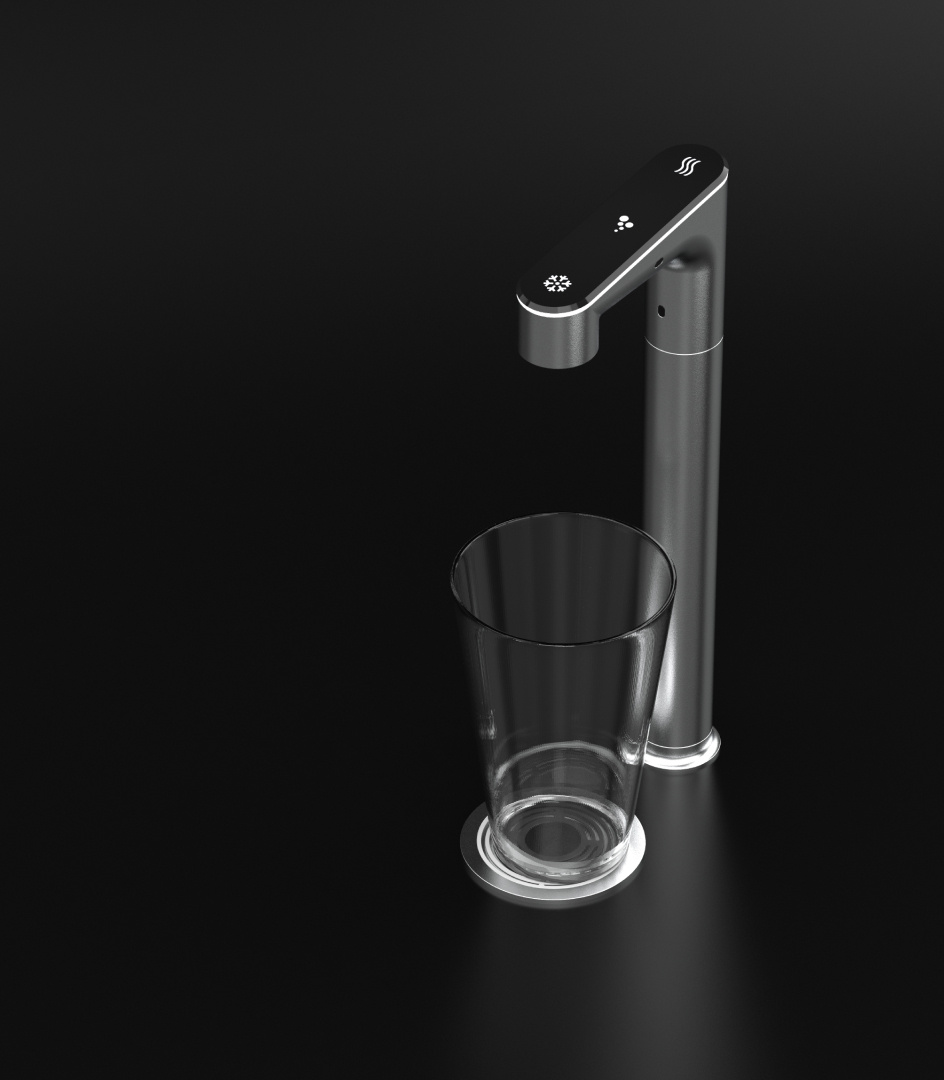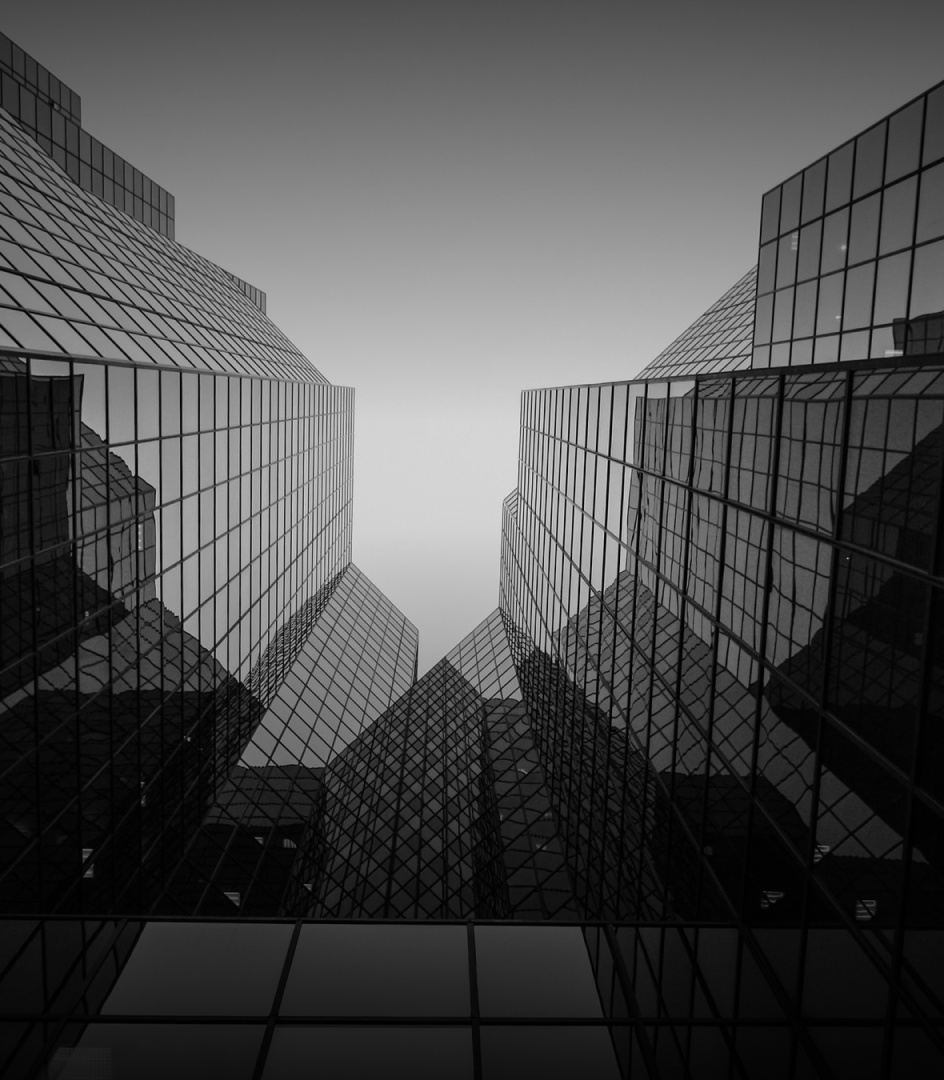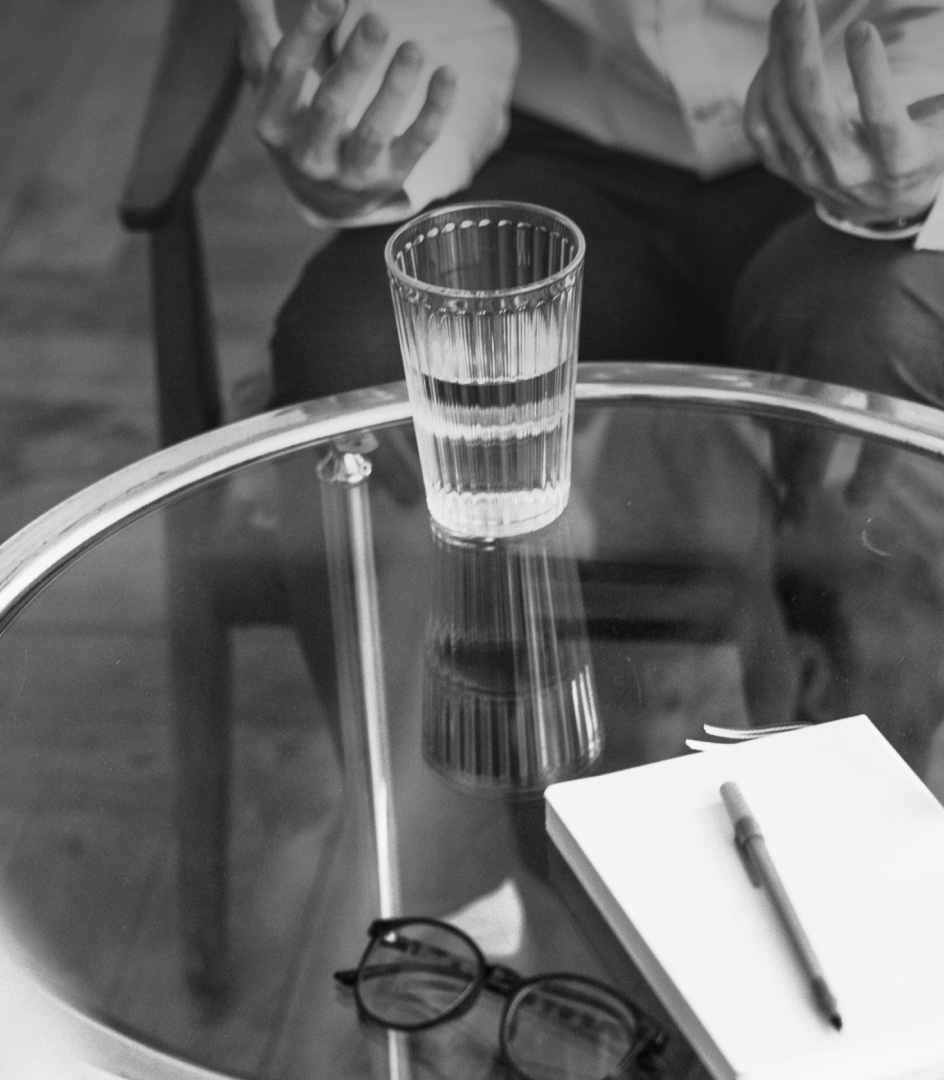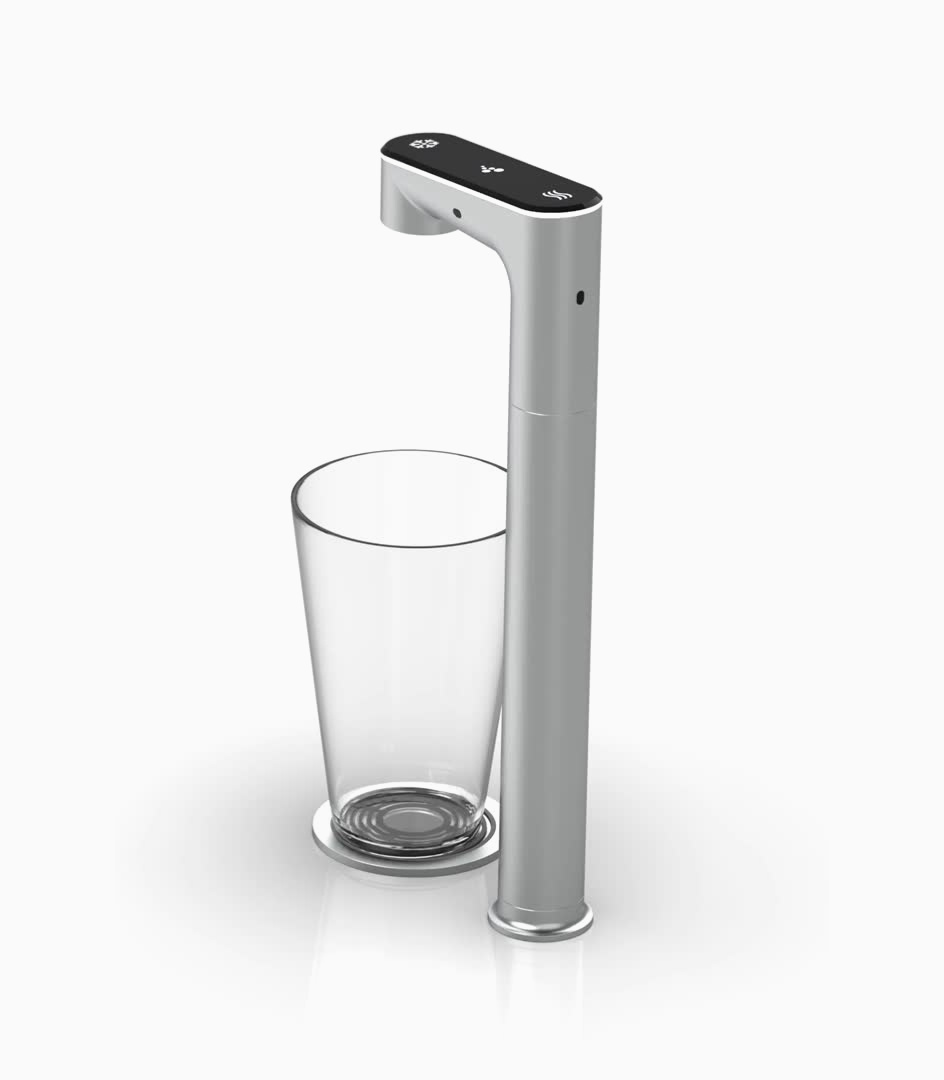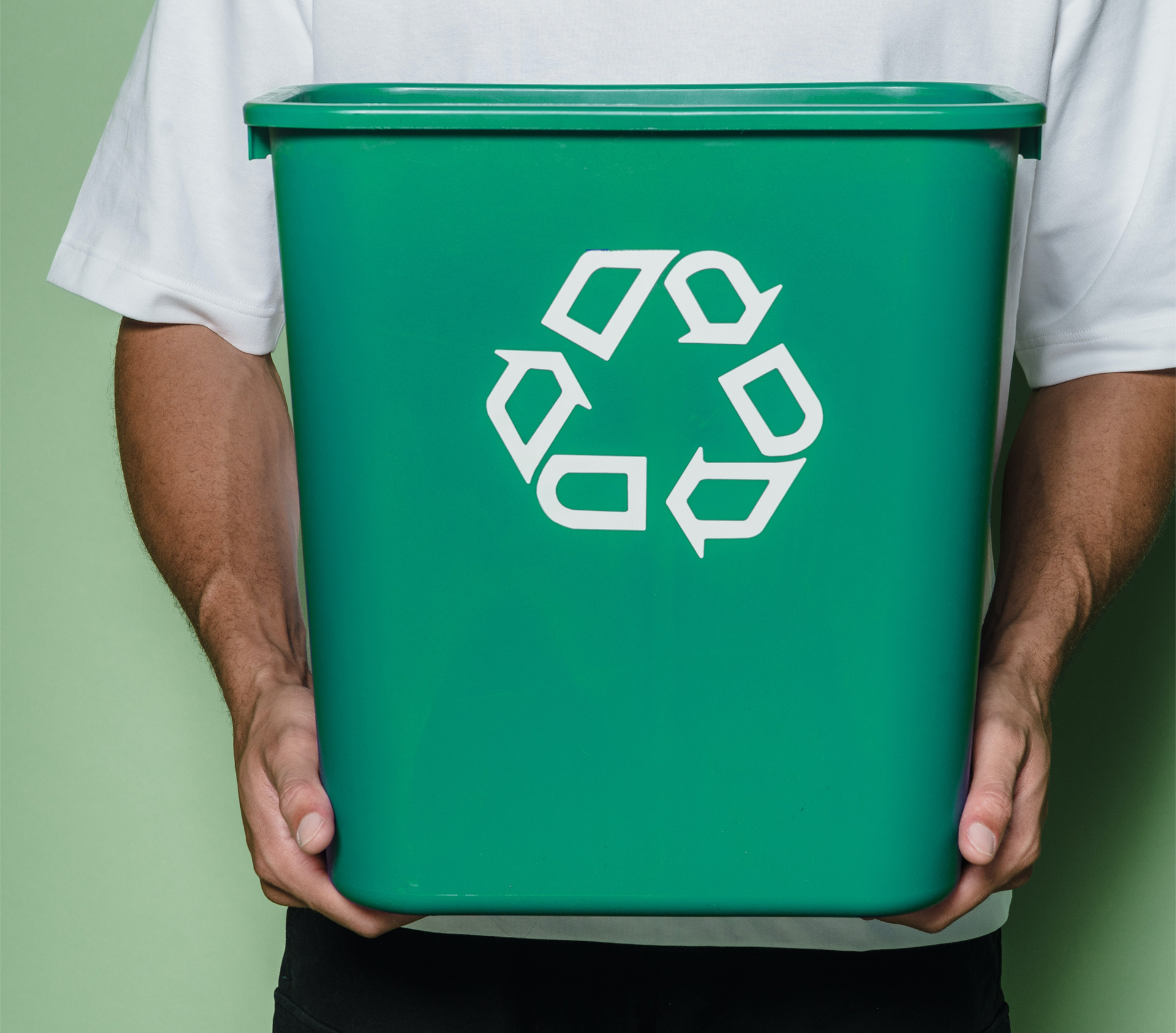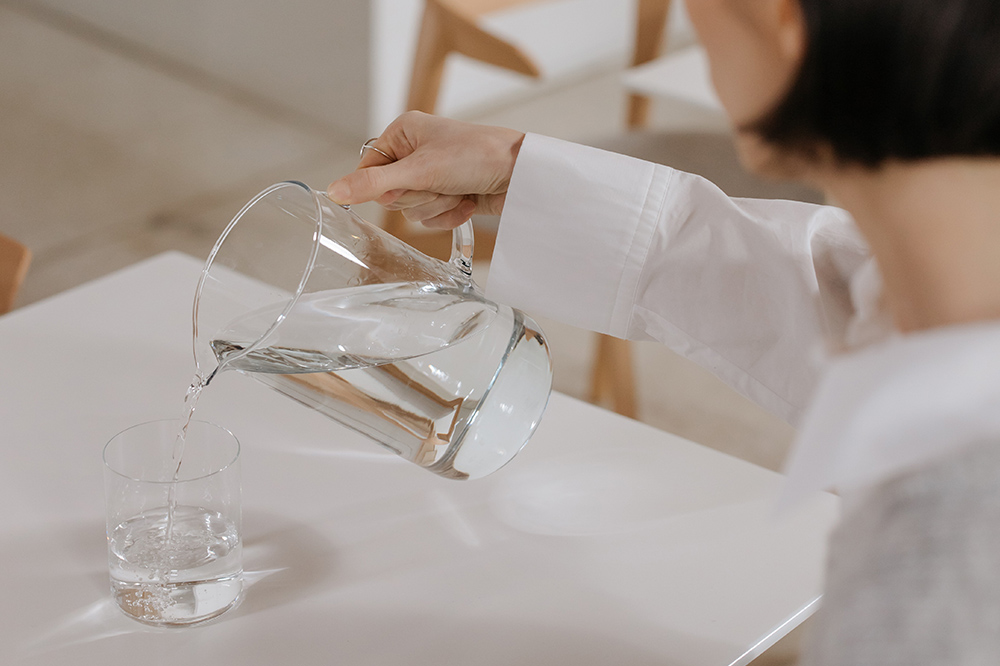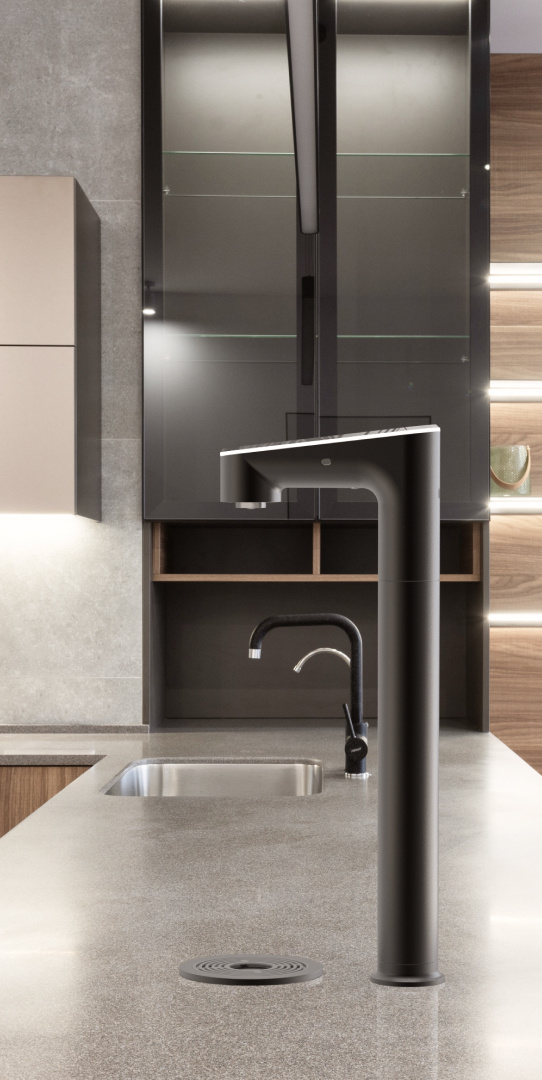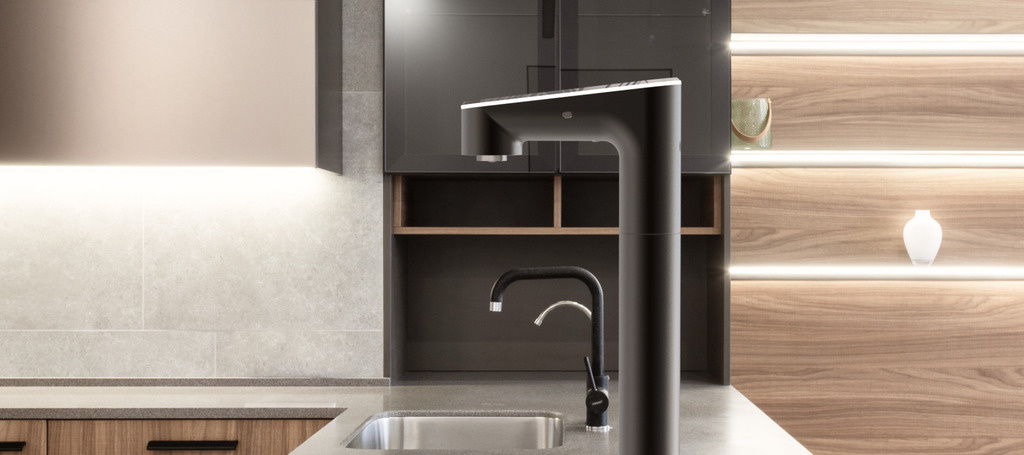Responsibility for the future of the planet
The model of mindless consumerism has exhausted itself, global environmental issues arise in the face of humanity, requiring a reorientation of our thinking and reaching a new level of awareness.
The future of the planet and of all mankind depends on the mass evolution of people’s thinking, the search for new, more reasonable and safe ways for the ecosystem to exist and for people to use natural resources.
Where does this evolution of consciousness begin, how can we contribute to the common goal of saving our planet?
Any big business starts with a small one, each person must take responsibility for the common future — this is the only way to preserve nature, to express concern for the environment and the most effective way to prevent global environmental disasters.

Conscious consumption is easier than it seems
More and more people start to acknowledge the impact of conscious consumption on the environment. At first glance, this approach seems complicated and uncomfortable, requiring a change in usual lifestyle and a radical revision of one’s habits, but in fact it is not.
To follow the path of conscious consumption, it is not necessary to sacrifice your comfort and convenience, there are several simple but effective principles that each of us can use. If we make them habitual and apply them in different areas of everyday life it can impact on environmental issues for the better.
Waste sorting

If you have the opportunity to throw garbage into special separate containers, make it a rule to sort waste. First, start small, for example, put plastic bottles/paper/glass/ in a separate bag. And even before you buy things in the shop, sort the future garbage in your mind — for example, a plastic bottle of yogurt is easier to recycle than a tetra pack.
Clothes and things
Giving preference to more expensive and high–quality clothes is a way to minimize the amount of garbage, because the longer the purchased items will serve you, the less they will have to be disposed of. Also an important factor is to pay attention to the fabric, because natural cotton and linen decompose much faster than polyester.

Things you don’t need can be given for recycling or to those in need. Good clothes that have gone out of fashion can be given to charities. The main principle is to give things a new life.
Following the same principle, you can deal with other things of individual use and household use, for example, furniture or household appliances. You can find a new house for them and give them for free, or sell them for a low price.
Food
To avoid a situation where you have to throw out edibles that have expired, start making a menu for a week to count the amount of products that you need.
Use of plastic

Plastic causes serious damage to the environment, starting with its production and ending with its disposal. Factories producing plastic emit up to 400 million tons of carbon dioxide into the atmosphere per year and about 800 species of animals are now at risk of extinction due to eating and poisoning with plastic.
Give up using plastic products or at least try to use them as many times as possible. Instead of plastic bags, it is better to go shopping with your own shopper bag, because even biodegradable bags do not save the situation, since there are no conditions in Russia for the proper disposal of this type of plastic.
Try to choose products with the least amount of packaging, replace plastic containers with glass containers for storing things and food, carry water in glassware with you, and in a cafe you can ask to pour a beverage into a reusable glass.
Water and electricity
On average, every person on Earth spends 250 liters of water a day, reducing the resource of drinking water for future generations. To avoid a shortage of fresh water, one should take good care of this most important source of life.
In order to save water, it is recommended to install water-saving nozzles on the shower or faucet and try to reuse it, for example, after washing vegetables or fruits, water flowers with it.
About one liter of water flows out of the faucet in one minute, so try to turn it off while brushing your teeth.
The process of energy generation requires the use of a huge amount of non-renewable natural resources (oil, coal and natural gas) and is accompanied by emissions of pollutants into the atmosphere.
When leaving the apartment, turn off non-working electrical appliances from the outlet, do not leave the TV and computer on and load the washing machine and dishwasher completely.
Make sure that the charging for the phone is not constantly in the socket, because even if the phone is not connected to it, it still consumes electricity.
Try to give preference to natural light, turn off the lights in rooms where you do not stay, and also replace incandescent bulbs with energy-saving or LED bulbs that last several times longer.

WATWELL is a modern eco–friendly solution for business
How to provide office space with clean and healthy drinking water, while not using plastic, minimizing energy costs and without damaging the environment?
WATWELL — innovative drinking systems for business. The equipment is made of environmentally friendly materials and allows you to abandon the use of plastic containers and consumables for water.
Thanks to the laconicism of its forms and the nobility of its materials, the conceptual minimalistic design of the equipment will become a stylish addition to any interior. The dispenser is made of aluminum which is 100% recycling.
The energy-saving mode allows you to significantly reduce the company’s operating expenses for electricity, as well as take care of the environment.
Professional water filtration, which includes several stages of purification, allows you to obtain high-quality drinking water without organic and harmful impurities, while preserving all the necessary minerals and trace elements in it.
Installing the WATWELL drinking system in your office is the most modern and environmentally friendly solution to provide the company’s employees with clean and healthy water and a significant contribution to the future of our planet.
